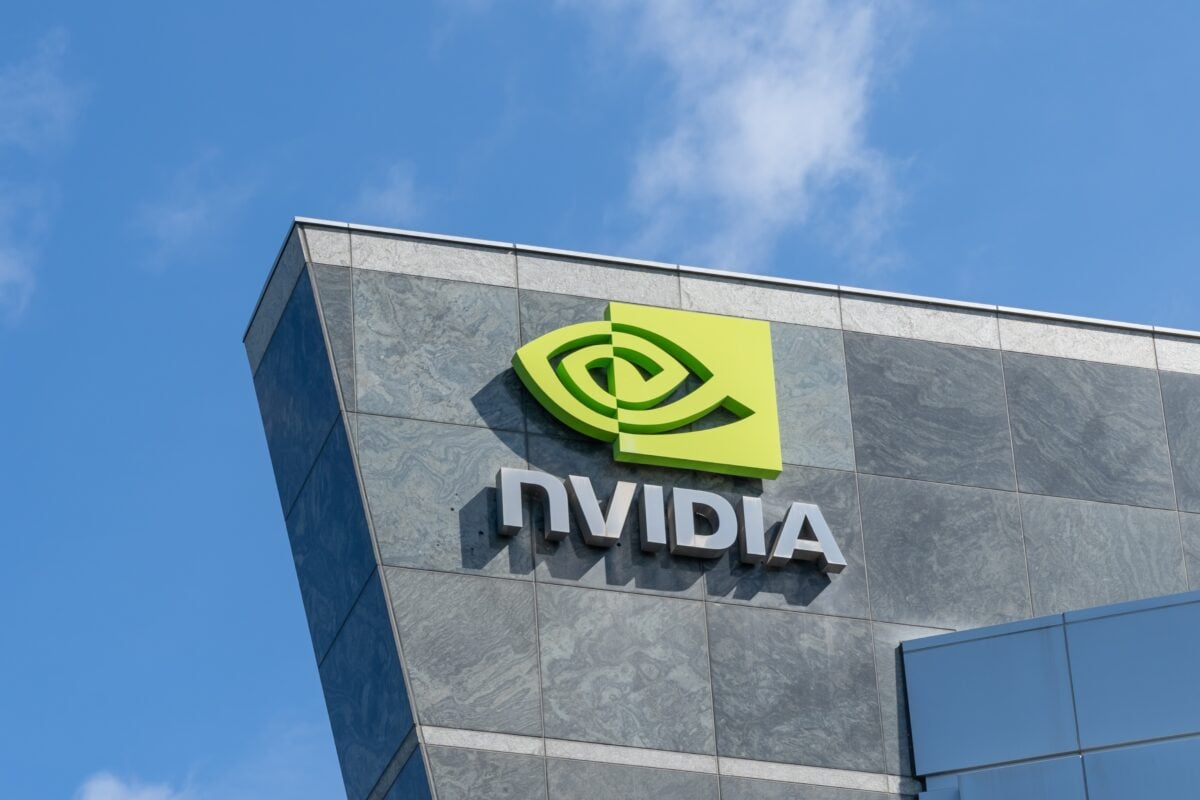TLDRs:
Contents
-
US grants Nvidia license to sell H20 AI chips in China after earlier export ban was lifted.
-
Advanced AI chips remain restricted, limiting Nvidia’s full product reach in the Chinese market.
-
Chinese competitors have gained market share during the export ban, reducing Nvidia’s dominance.
-
US still holds a massive AI compute advantage, allowing selective exports without losing strategic control.
The US Commerce Department has reportedly granted Nvidia permission to export its H20 artificial intelligence chips to China, signaling a notable policy shift in Washington’s approach to semiconductor restrictions.
The move comes after a ban that had prevented the sale of the H20, designed specifically to comply with US export rules into the Chinese market.
While the decision lifts a significant regulatory barrier, it does not apply to Nvidia’s more advanced AI processors, which remain restricted. Details on the number of licenses issued, the Chinese buyers approved, and the total value of authorized exports have yet to be disclosed.
China’s AI Market Now More Competitive Than Before
Nvidia has warned in the past that export curbs could cost the company up to US$8 billion in quarterly sales.
Before the ban was lifted, China was a key market, accounting for 12.5% of Nvidia’s total revenue in the first quarter of this year. The H20 chip alone generated US$4.6 billion during that period.
Industry analysts note, however, that Nvidia will face a far more competitive landscape than before. Chinese tech firms such as Huawei, Cambricon, and Hygon have used the export restriction period to strengthen their foothold, launching new AI chips tailored for local demand.
Forecasts Point to Declining Nvidia Market Share
Forecasts suggest Nvidia’s market share in China could drop from 66% in 2024 to 54% in 2025, even with the H20 back on shelves. According to research firm Bernstein, China’s AI chip localization ratio is expected to climb from 17% in 2023 to 55% by 2027, indicating that the shift toward domestic solutions is structural, not temporary.
Analysts say that government buyers and private firms in China have adapted to sourcing locally during the restriction period, a trend that could limit Nvidia’s long-term sales recovery.
US Maintains Strategic Advantage in AI Computing Power
From a geopolitical perspective, the US still maintains a dominant edge in AI computing power. Current estimates indicate a tenfold lead in total compute capacity over China, a gap that gives Washington strategic breathing room.
By selectively approving H20 exports, US policymakers are balancing commercial interests with national security considerations. In 2024 alone, Chinese companies purchased about 1 million Nvidia H20 units compared to 450,000 Huawei Ascend chips, highlighting continued performance advantages for US technology.
Balancing Growth and Competition
While the H20’s return to the Chinese market may boost Nvidia’s near-term revenues, the company faces a dual challenge of defending its technological edge while competing against an increasingly capable domestic chip industry.
That said, as licensing approvals roll out, industry watchers will be looking for signs of whether Nvidia can rebuild its momentum in one of its most critical markets, or whether China’s localization drive will permanently reshape the competitive landscape.


